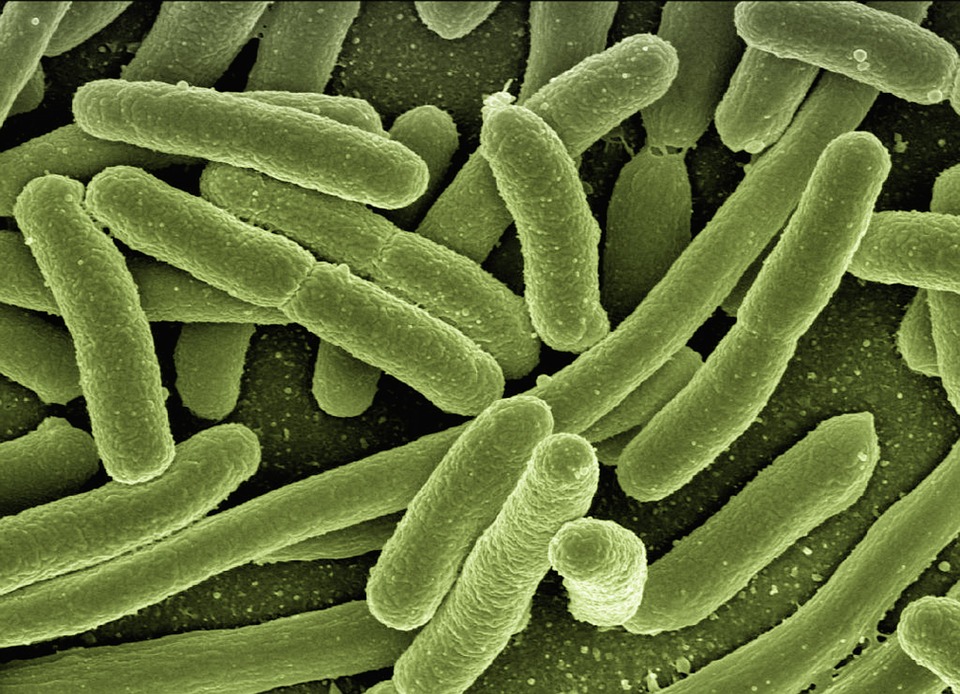Lactic acid bacteria, commonly used as probiotics to improve digestive health, can offer protection against different subtypes of influenza A virus, resulting in reduced weight loss after virus infection and lower amounts of virus replication in the lungs, according to a study led by Georgia State University.
Influenza virus can cause severe respiratory disease in humans. Although vaccines for seasonal influenza viruses are readily available, influenza virus infections cause three to five million life-threatening illnesses and 250,000 to 500,000 deaths worldwide during epidemics. Pandemic outbreaks and air transmission can rapidly cause severe disease and claim many more human lives worldwide. This occurs because current vaccines are effective only when vaccine strains and circulating influenza viruses are well matched.
Influenza A virus, which infects humans, birds and pigs, has many different subtypes based on hemagglutinin (HA) and neuraminidase (NA) proteins on the surface of the virus. There are 18 different HA and 11 different NA subtype molecules identified, which indicates numerous HA and NA influenza virus combinations. As a result, it's important to find ways to provide broad protection against influenza viruses, regardless of the virus strain.
Fermented vegetables and dairy products contain a variety of lactic acid bacteria, which have a number of health benefits in addition to being used as probiotics. Studies have found some lactic acid bacteria strains provide partial protection against bacterial infectious diseases, such as Streptococcus pneumoniae, as well as cold and influenza viruses.
This study investigated the antiviral protective effects of a heat-killed strain of lactic acid bacteria, Lactobacillus casei DK128 (DK128), a promising probiotic isolated from fermented vegetables, on influenza viruses.
